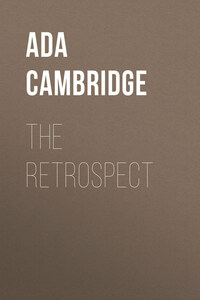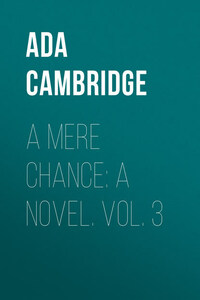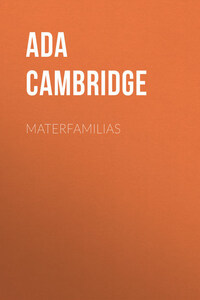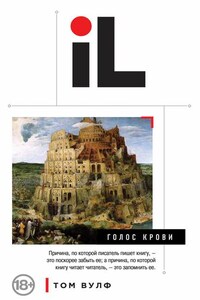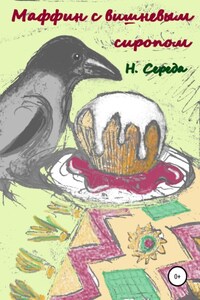There was a gap of thirty-eight years, almost to a day, between my departure from England (1870), a five-weeks-old young bride, and my return thither (1908), an old woman. And for about seven-eighths of that long time in Australia, while succeeding very well in making the best of things, I was never without a subconscious sense of exile, a chronic nostalgia, that could hardly bear the sight of a homeward-bound ship. This often-tantalised but ever-unappeased desire to be back in my native land wore the air of a secret sorrow gently shadowing an otherwise happy life, while in point of fact it was a considerable source of happiness in itself, as I now perceive. For where would be the interest and inspiration of life without something to want that you cannot get, but that it is open to you to try for? I tried hard to bridge the distance to my goal for over thirty years, working, planning, failing, starting again, building a thousand air-castles, more or less, and seeing them burst like soap-bubbles as soon as they began to materialise; then I gave up. The children had grown too old to be taken; moreover, they had attained to wills of their own and did not wish to go. One had fallen to the scythe of the indiscriminate Reaper, and that immense loss dwindled all other losses to nothing at all. I cared no more where I lived, so long as the rest were with me. In England my father and mother, who had so longed for me, as I for them, were in their graves; no old home was left to go back to. I was myself a grandmother, in spite of kindly and even vehement assurances that I did not look it; more than that, I could have been a great-grandmother without violating the laws of nature. At any rate, I felt that I was past the age for enterprises. It was too late now, I concluded, and so what was the use of fussing any more? In short, I sat down to content myself with the inevitable.
I was doing it. I had been doing it for several years. The time had come when I could look out of window any Tuesday morning, watch a homeward-bound mail-boat put her nose to sea, and turn from the spectacle without a pang. The business of building air-castles flourished, as of yore, but their bases now rested on Australian soil. What was left of the future was all planned out, satisfactorily, even delightfully, and England was not in it.
Then was the time for the unexpected to happen, and it did. A totally undreamed-of family legacy, with legal business attached to it, called my husband home. Even then it did not strike me that I was called too; for quite a considerable time it did not strike him either. But there befell a period of burning summer heat, the intensity and duration of which broke all past records of our State and established it as a historic event for future Government meteorologists; the weaklings of the community succumbed to it outright or emerged from it physically prostrate, and I, who had encountered it in a "run-down" condition, was of the latter company. The question: "Was I fit to be left?" obtruded itself into the settled policy: it logically resolved itself into the further question: "Was I fit to go?" There was nothing whatever to prevent my going if I could "stand" it, and a long sea-voyage had been doctors' prescription for me for years. Mysteriously and, as it were, automatically, I brisked up from the moment the second question was propounded, and before I knew it found myself enrolled as a member of the expedition. The two-berth cabin was engaged; travelling trunks, and clothes to put in them, bestrewed my bedroom floor. I was going home – at last!
And was it too late? Had I outlived my long, long hope? Not a bit of it. I had outlived nothing, and it was exactly and ideally the right time. "You will be disappointed," said more than one of my travelled old friends, who had known the extravagance of my anticipations. "It will be sad for you, finding all so strange and changed." "You will feel dreadfully out of it, after so many years." "You will be very lonely" – thus was I compassionately warned not to let a too sanguine spirit run away with me. They were all wrong. I never had a disappointment: nothing was sad for me, of all the change; no one could have been less out of it, or less lonely. Every English day of the whole six months was full of pleasure; I was not even bored for an hour. At no time of my life could I have made the trip with a lighter heart (being assured weekly that all was well behind me). Children would have meant a burden, however precious a burden, and had I gone in my parents' lifetime it would have been with them and me as our ship's captain said it was with his wife during his brief sojourns with her; for half the time she was overwrought with the joy of his return, and for the other half miserable in anticipation of his departure, so that he never knew her in her normal state. That my father and mother had long been dead, and that the tragedies of home love and loss, with which I was so familiar, were not pressing close about me, probably accounted more than anything else for my being so well and happy. Also, it is not until a woman is sixty, or thereabouts, that she is really free to enjoy herself.
